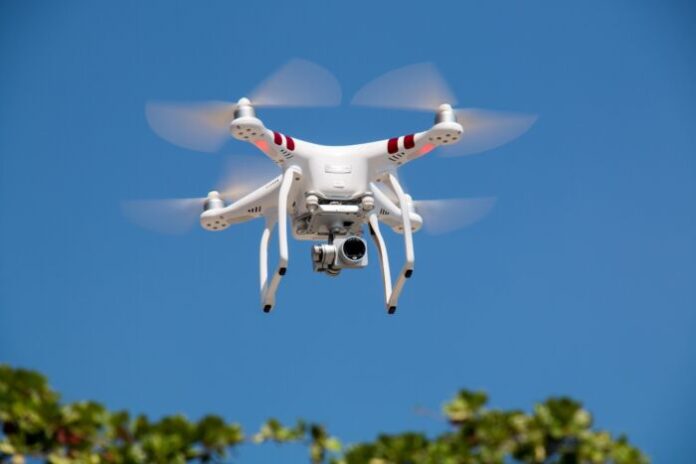
In the last couple of years, we’ve seen the use of drones really take off. From enhancing video coverage of events to taking stock of the aftermath of natural disasters, they now have a key role to play in many different contexts.
The possibilities with UAV technology are far-reaching, and FAO is harnessing this potential to monitor the use of natural resources and increase sustainability. UAVs Monitor deforestation and land degradation, map and plan land use, assess the effects of natural disasters.
Smart Cloud Farming, an Italian-German startup incubated by the Cap Group, has launched the first experimentation in Italy to remotely monitor the nutrient content of agricultural soil, using a drone that adopts “smart sensors” and IOT (Internet of Things) devices.
“If we want to innovate the water sector and make it more sustainable, we must think about developing new processes and technologies that are the basis of agricultural activity, to which 51% of the water resources we take from the environment are destined and which return only to part in our water reserves. This innovative technology makes it possible to analyze large surfaces of soil in a short time, accelerating the monitoring times of soil components by reducing them from a few weeks, as happens with classic laboratory analyzes, to a few hours “, comments Alessandro Russo, president and CEO of the Group CAP.
The result of an international industrial synergy that sees, in addition to the CAP Group, partners as the Fraunhofer Institute in Berlin, the Department of Agricultural and Environmental Sciences of the State University of Milan and the Baciocca experimental farmhouse, the project aims to give life to a new fertigation system to monitor and analyze the performance and efficiency of crops, thanks to the new precision agriculture systems, but also to preserve the quality of the groundwater that could be damaged due to excessive or inappropriate use of chemical fertilizers.
The experimentation, carried out on one of the agricultural areas of the Municipality of Cornaredo, made it possible to collect the first data that will be analyzed and will serve as a basis for the study to proceed in the coming months to a new field test. The competitive advantage of the technology developed by Smart Cloud Farming is to rationalize the use of fertilizers and chemical fertilizers, allowing farmers to intervene only on the land where it is really necessary, to protect not only the quality of the soil and crops, but also the aquifers from the contamination of harmful substances.
All this thanks to a technologically very advanced process, which uses a drone equipped with a “hyperspectral” camera, capable of scanning the ground on which it is flying both in the visible and in the infrared range. In this way, Smart Cloud Farming aims to create a correlation between the sensor response and the NPK index (which indicates the quantity of the main nutrients: nitrogen-phosphorus-potassium), a useful parameter to help farmers to dose in a controlled fertilizer substances, thus implementing a “precision cultivation” approach.



































